What is appendicitis?
Appendicitis is a condition which involves the inflammation of the appendix. The appendix is a pouch, which comes out from the intestine, and it is located on the right lower side of the abdomen. The condition can cause pain in this area of the abdomen, but usually starts around the navel and moves toward the right lower part of the tummy. Pain from appendicitis usually becomes progressively worse as inflammation increases.
Anybody can have appendicitis, but research has shown that it is more likely to occur in people ages between ten and thirty years. Children younger than seven years old have appendicitis with specific signs and symptoms and an expert children’s surgeon should be involved from an early stage to avoid complications.
Written by: Stefano Giuliani
Written on: 10.07.18
 Appendicitis in children: signs to watch out for
Appendicitis in children: signs to watch out for
Appendicitis can be a serious problem at any age. With all the tummy aches that children may experience, it can be hard to spot. Mr Stefano Giuliani, leading London-based paediatric surgeon, gives us the low-down on how appendicitis in children is diagnosed and what can be done about it.

What causes appendicitis?
The most likely cause of appendicitis is the blockage in the lumen of the appendix. This results in bacterial overgrowth and a localised infection to start with. The appendix inflames more and more as the bacteria multiply until it becomes swollen and filled with pus. If not treated promptly at this stage, the inflammation can spread to the entire tummy (peritonitis) and to the rest of the body with very serious consequences.
"Mr Giuliani treated our 15-year old daughter for a complicated appendicitis. From the first consultation onwards Mr Giuliani was professional, caring and reassuring. His secretary, Helen, has also been excellent from the start and so helpful. We would definitely recommend Mr Giuliani and his team at the Portland Hospital who provided such great care to our daughter. Thank you!"

 Video consultations available -
Video consultations available -  Appendicitis in children: signs to watch out for
Appendicitis in children: signs to watch out for